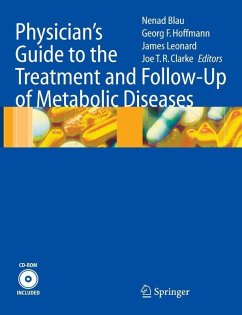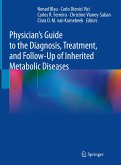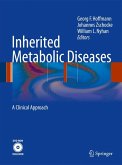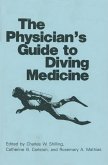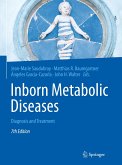World experts cover all commonalities of therapy giving practical advice and guidance for daily practice.
All established treatment protocols in this quickly developing area of medicine are clearly described, including follow-up protocols and monitoring. Alternative and experimental therapies are also described and evaluated.
Numerous tables, figures, and several indices (symptom, disease name, tests, etc.) allow rapid access to specific details.
This book is invaluable to anyone dealing with patients with inherited metabolic diseases, pediatricians, internists, neurologists, and clinical geneticists.
Dieser Download kann aus rechtlichen Gründen nur mit Rechnungsadresse in A, B, BG, CY, CZ, D, DK, EW, E, FIN, F, GR, HR, H, IRL, I, LT, L, LR, M, NL, PL, P, R, S, SLO, SK ausgeliefert werden.

